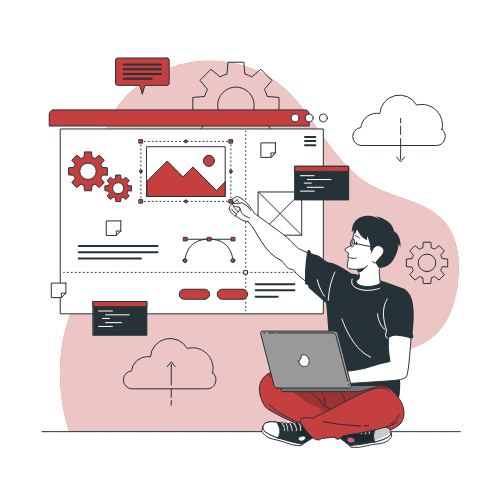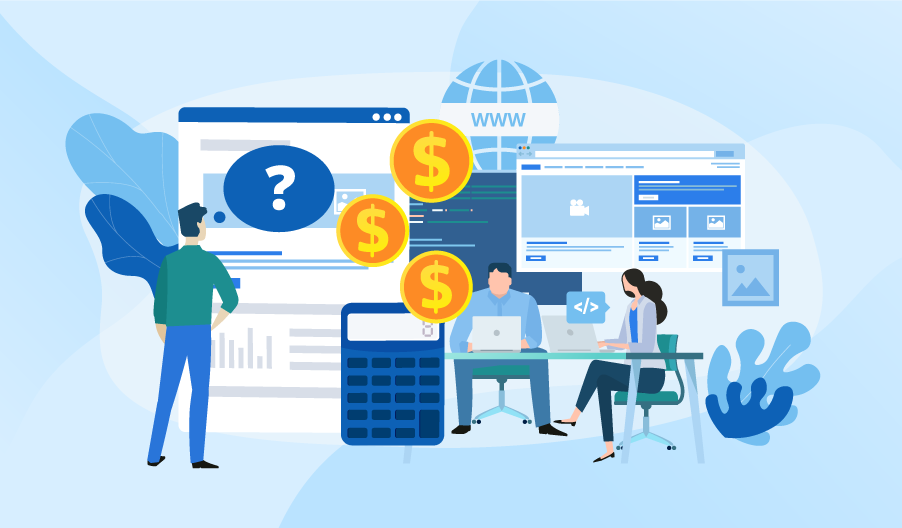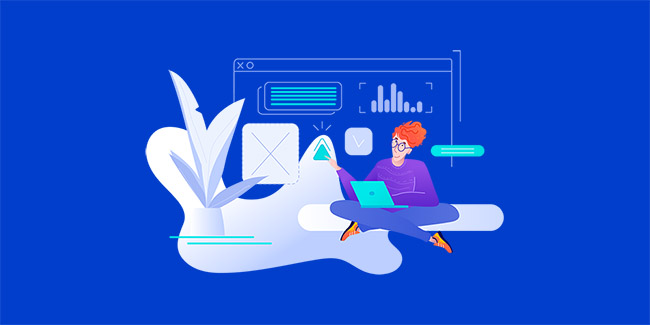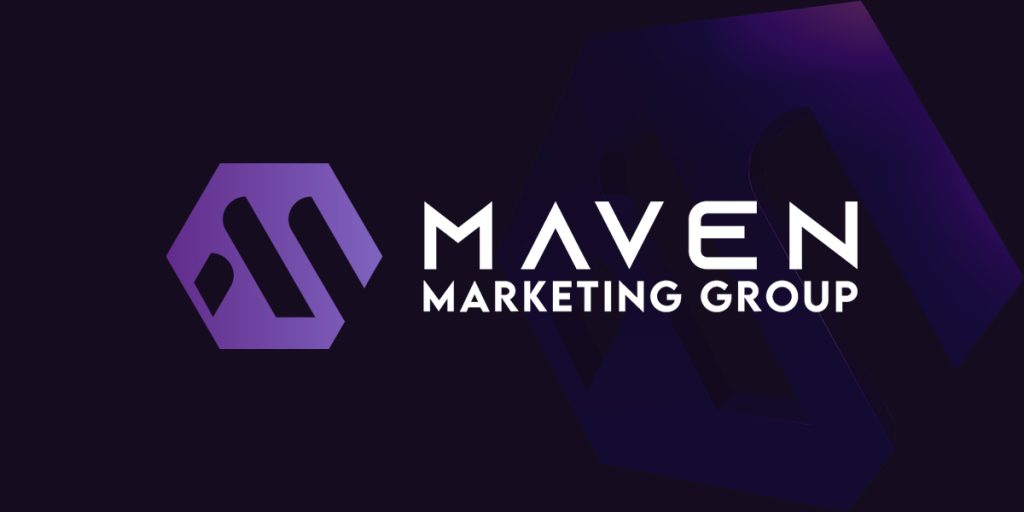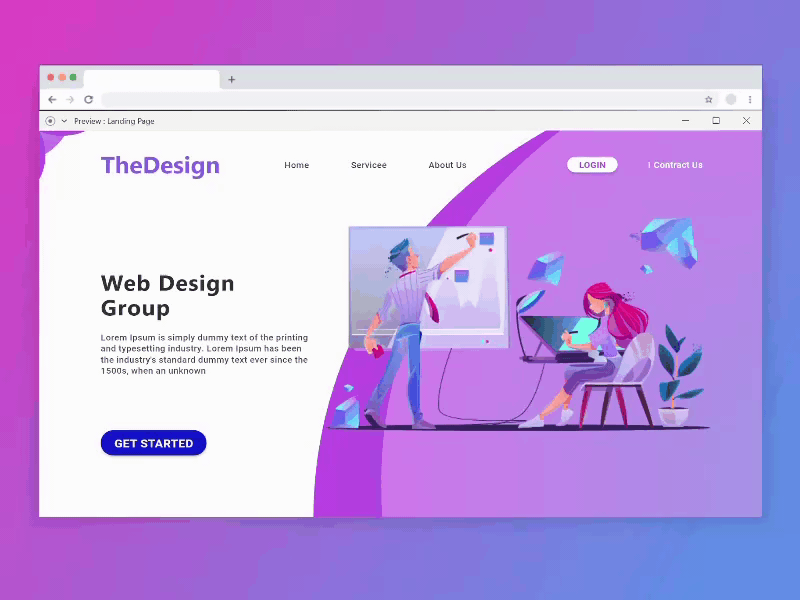
One-page websites are a cost-effective option for businesses that have limited content.
The simplicity of these websites can lead to faster development times and lower costs compared to larger, more complex sites.
Customized content creation for one-page websites is typically more affordable since there is less content to produce.
It’s important to consider the value they offer.
These websites are suitable for showcasing portfolios, promoting events, or launching new products.
They provide a concise and focused platform for web design where businesses can get started and make a strong impact with their target audience on their site.
Cost-effectiveness of One-Page Websites
One of the main advantages of one-page websites is their affordability.
Since they require fewer pages and less intricate design elements, the overall cost tends to be lower compared to multi-page websites.
This makes them an attractive option for small businesses or startups with limited budgets.
The reduced complexity of one-page websites also translates into faster development times.
With fewer pages to design and build, web developers can focus on delivering a high-quality website in a shorter timeframe.
This not only saves time but also reduces labor costs associated with website development.
Customized Content Creation
Content plays a crucial role in the effectiveness of any website, including one-page sites.
To make the most impact on a single page, content should be concise, engaging, and well-structured.
It should convey the key messages effectively while keeping the visitor’s attention.
Businesses have options that fit their budgetary constraints.
Investing in professional copywriting services can enhance the effectiveness of web design content by ensuring it is tailored specifically for the target audience and aligns with the overall brand messaging on the site.
Some key considerations when creating content for one-page websites include:
- Keeping paragraphs short and easy to read.
- Using headings and subheadings to break up text and improve readability.
- Incorporating compelling visuals, such as images or videos, to enhance the overall user experience.
- Including clear call-to-action buttons is essential in web design to guide visitors towards desired actions on a site.
Enhancing Impact with Professional Copywriting
While businesses may be tempted to write their own content for a one-page website to save costs, investing in professional copywriting can make a significant difference.
Experienced copywriters have the expertise to craft compelling and persuasive content that resonates with the target audience.
Professional copywriters can help businesses create engaging headlines, captivating introductions, and concise yet informative sections that highlight key features or benefits.
They understand how to structure the content effectively on a single page to maximize impact and achieve desired outcomes.
By hiring a professional copywriter, businesses can ensure that their one-page website stands out from competitors and effectively communicates their unique selling points.
This investment in quality content on the site can lead to higher conversion rates and ultimately generate more revenue for the business.





